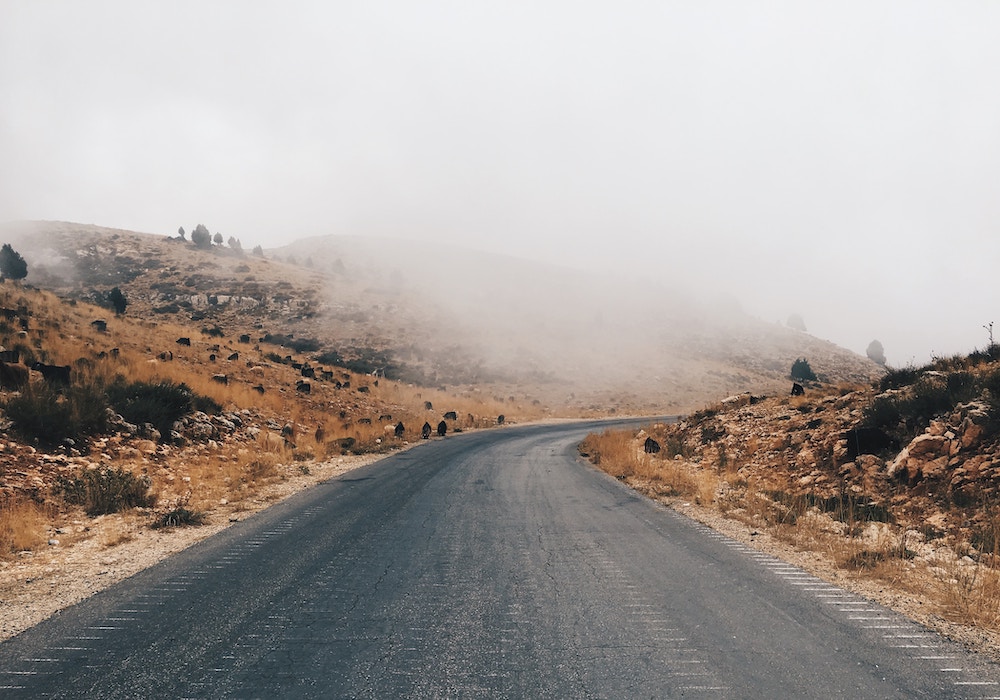Mossad: Thirty Self-Portraits
Let’s face it: I can’t stand Arabs anymore. That’s what I really wanted to get across.
I was a professional photographer, but I didn’t want to photograph anything other than my registration with the Mossad. The idea had tickled me for some time; I’ve always been fascinated by spies.
Name, surname, address, spoken languages, leisure activities—the questionnaire resembled a Facebook account sign-up. Accessing the website was as easy as any other. The choice of languages took me by surprise, though: Arabic, Persian, Hebrew, and English. The Mossad totally gets it. In just a few seconds, the agency offers a fallback position to reluctant Arabs in need of money. If you want to work for the Syrian, Lebanese, or Iranian secret services, you can search forever on the Internet: impossible, you won’t find a thing. To say nothing of the French, who demand a master’s degree.
I completed the entire first stage of the registration. Then, suddenly, I asked myself what exactly I was doing on this website. What would make me want to register any interest with the Mossad? There was nothing normal about that! I shut off my computer and took a long look at myself in the mirror. I looked like a Jew, an Islamist, a Portuguese, an Iranian, an idiot. I had a big nose and the face of a Brazilian footballer or the “daddy’s boy” son of a Saudi billionaire. I didn’t have a Frenchman’s face, or a German’s. I had the face of a Turk, or an Armenian. I looked like a Sicilian thug. I was screwed.
I had a camera, a tripod, and a black backdrop. I figured I’d have some fun: I bought a keffiyeh, a Lakers cap, and a David Luiz wig. I made myself a yarmulke, and some other wacky objects. And then I took thirty self-portraits.
I hung the prints on a clothesline at my place for five days. Every morning, I thought the same thing: This project is really crap. But I sent the images to some friends I knew who were specialists in contemporary art and they loved them.
I tore up all the prints. I looked like dozens of people from different backgrounds. Sure, I could be a spy—but above all, an actor. Then I remembered Sophie, a talent agent I’d met one night in Paris. I sent her an email, and she gave me an appointment for two days later.
I grabbed the first flight to Roissy–Charles de Gaulle.
The Choking Game
Two children indulge in the choking game. One of them is named David; the other, Ziad. Things become complicated when Ziad strangles himself with his father’s keffiyeh one Shabbat while staying with David’s family. In the wellspring of violence, the angels have no pity.
Based on this pitch, I found a bit of cash in Lebanon to fund the production of a short film. The story takes place entirely in Paris. The screenplay got written, and the film was made by a Franco–Lebanese director. Once the film was made, he sent it to me; the Beirut Film Festival had selected it as an entry.
But before it could be screened, I was obliged to clear it with the censors. The censors were usually men who sat with their legs apart, ate with their mouths open, and explained what one could say and not say, show and not show, write and not write. I liked them because, contrary to my colleagues in the film industry, I understood their point of view—this sympathy came, no doubt, from my experience in the Socialist Party. They, too, appreciated me: I was my uncle’s nephew, and thus one of them, part of the anti-Israel camp. I had no doubts that the film would pass their scrutiny without incident.
So when my grandmother called to warn me that some men had arrived in a car from State Security and knocked at her door early one morning, wanting to take me in, I was speechless. Terrified, she had lied to them: “He’s not here, he’s traveling.” (Luckily, I’d registered my production company at my grandmother’s address.)
“There are Israeli names in the film credits,” the security agents told me when I went down to their offices later to speak with them.
“Israeli names? What do you mean? They can have Jewish names; it doesn’t mean they’re Israeli.”
“Goldberg, Braunstein, Levy—are you trying to tell me these aren’t Israelis!”
“No—they are absolutely not. This is a Franco–Lebanese coproduction, filmed in France. Many Jews live there; it’s to be expected that some of them will work in the film industry. But they’re French.”
“A Jew can become an Israeli citizen in a month! It’s the same thing! And if they become Israelis, they have to do their military service in an IDF unit. Look, because it’s you, we’ll let this go—but next time, not a chance. Understand?”
“And you needed to wake up my grandmother just for that?”
“We didn’t know—it was you who provided us with this address. And you didn’t answer your phone.”
“That’s because at eight o’clock in the morning I’m asleep!”
“All right, get out of here and don’t let us catch you again with another film like this.”
I had to share this story with my uncle, so I invited him for a meal. He defended the position of the censors and even tried to justify the ban on screening Israeli films. After we finished eating, he concluded: “You, the Frenchman, you can’t understand, you’re a Westerner. You’ll learn, with time, to recognize the enemy.”
I shut myself up in my flat for several days after that, reading. Only through literature could I reconcile myself with my fellow man . . .
Le nez juif © Éditions de l’Antilope, Paris, 2018. By arrangement with the publisher. Translation © 2018 by Olivia Snaije and Mitchell Albert. All rights reserved.










